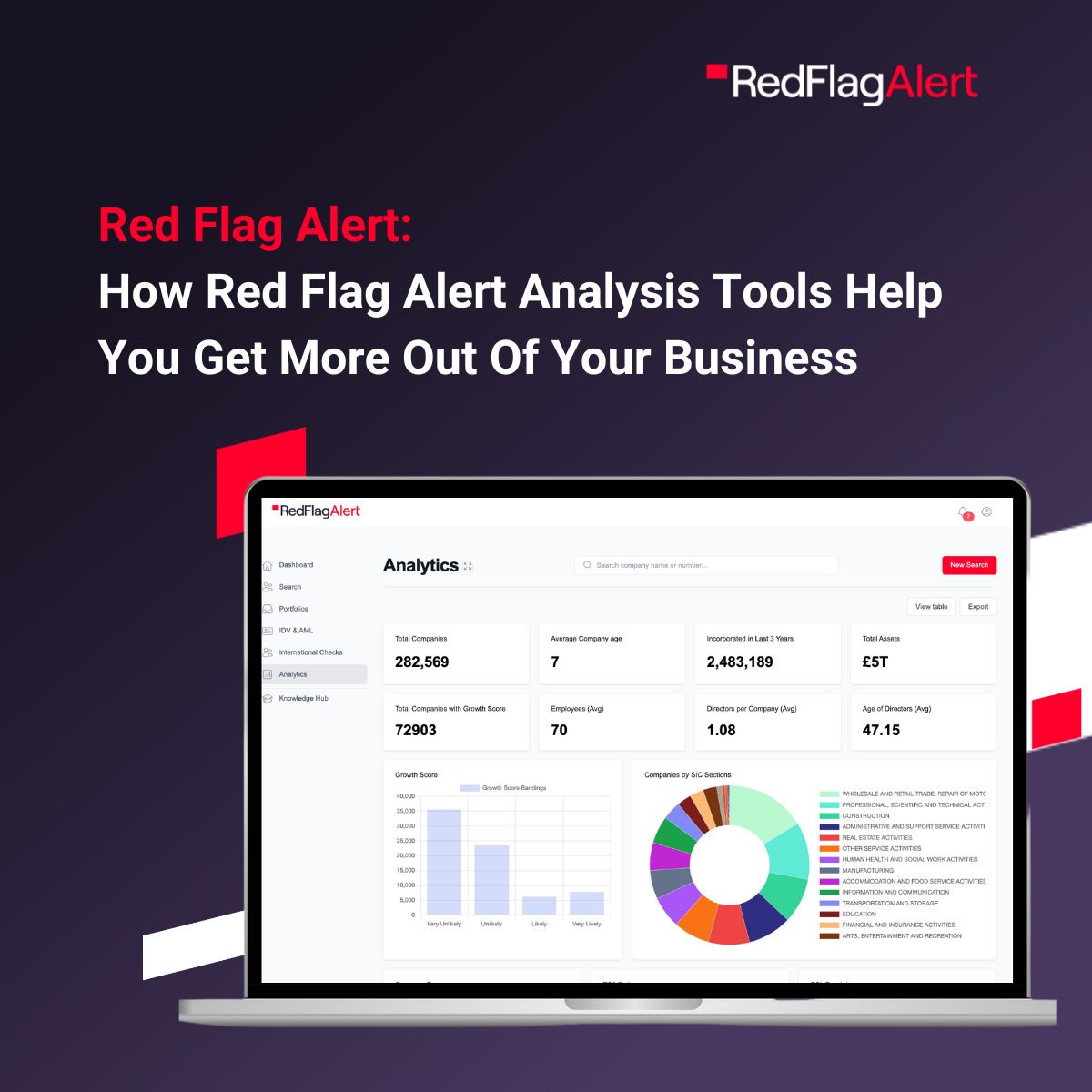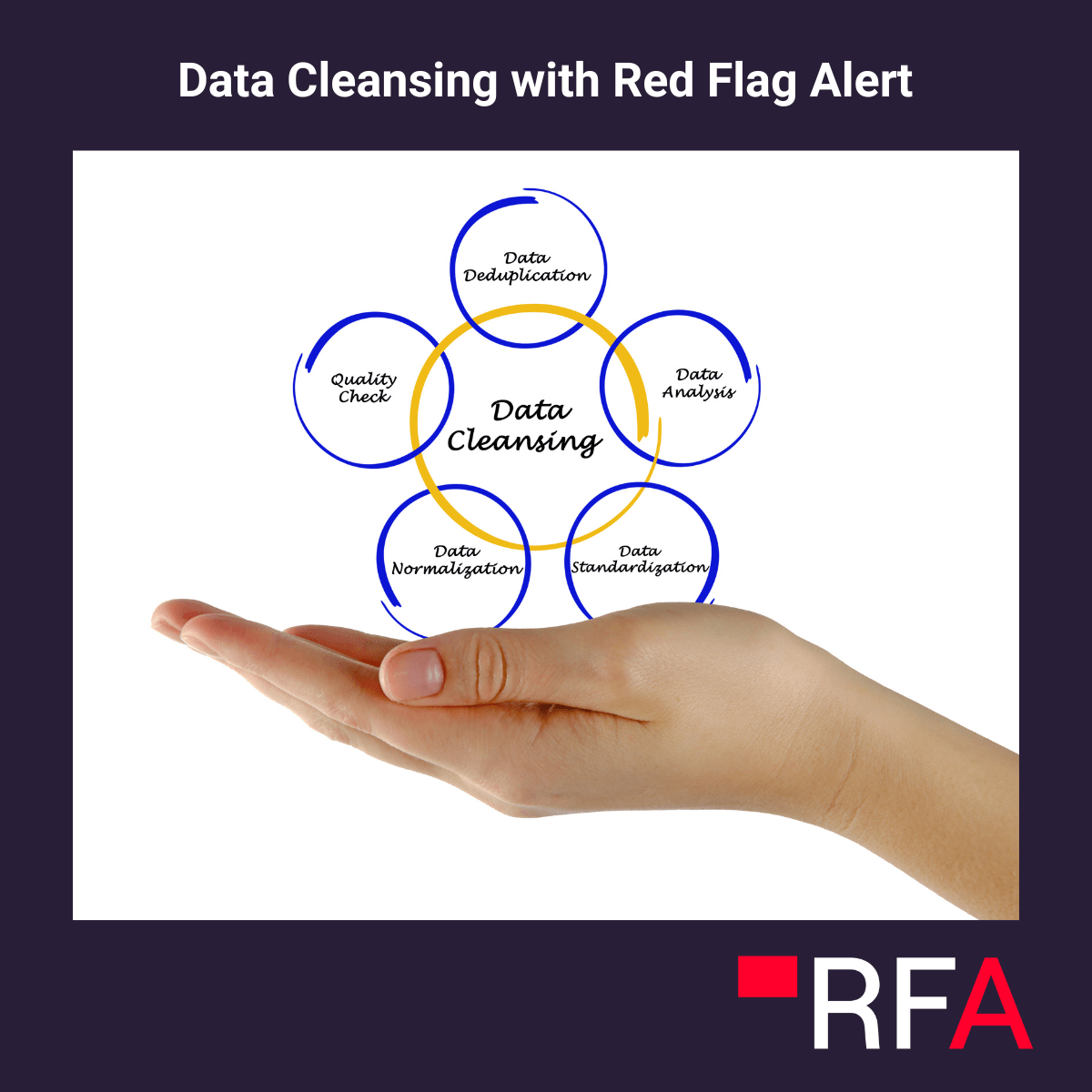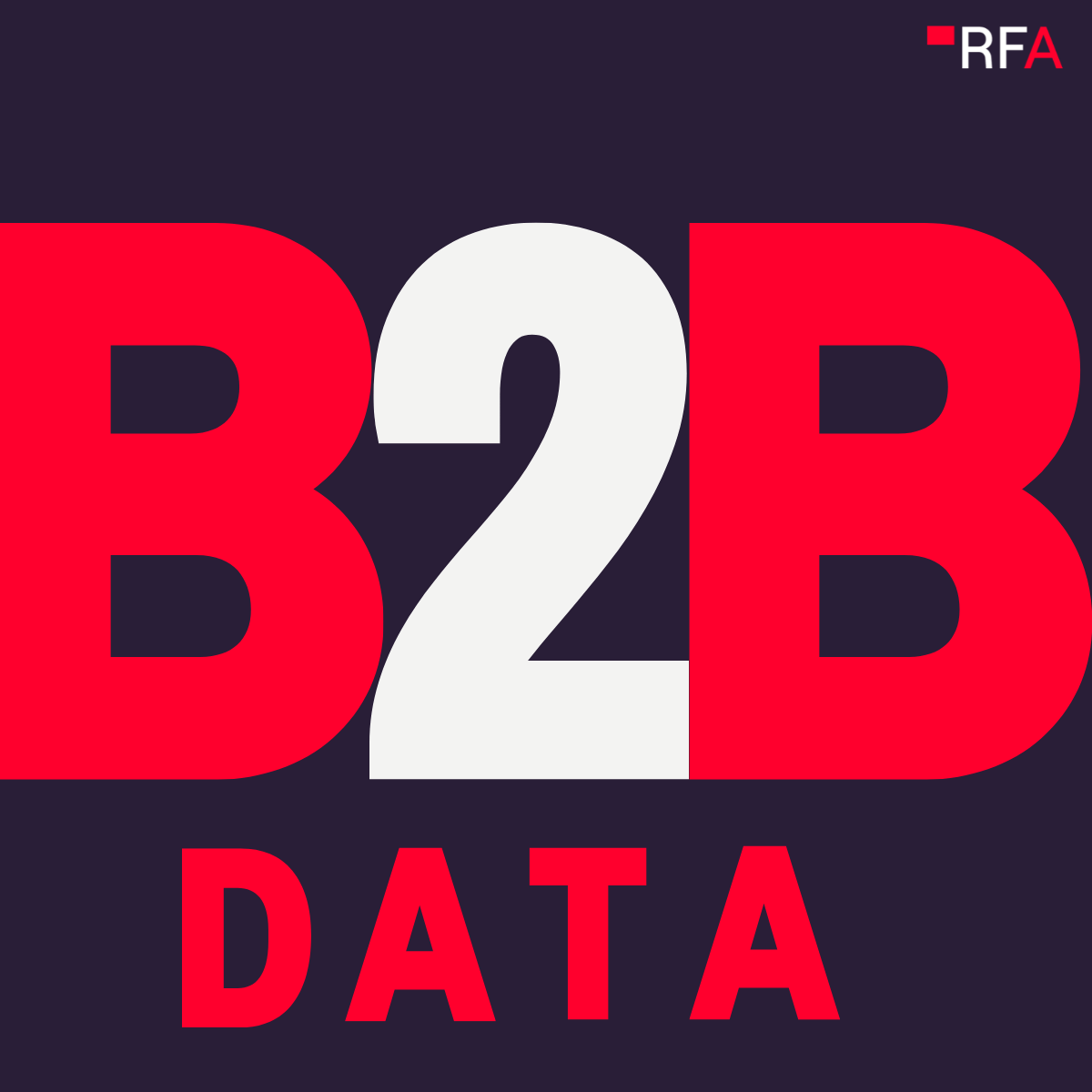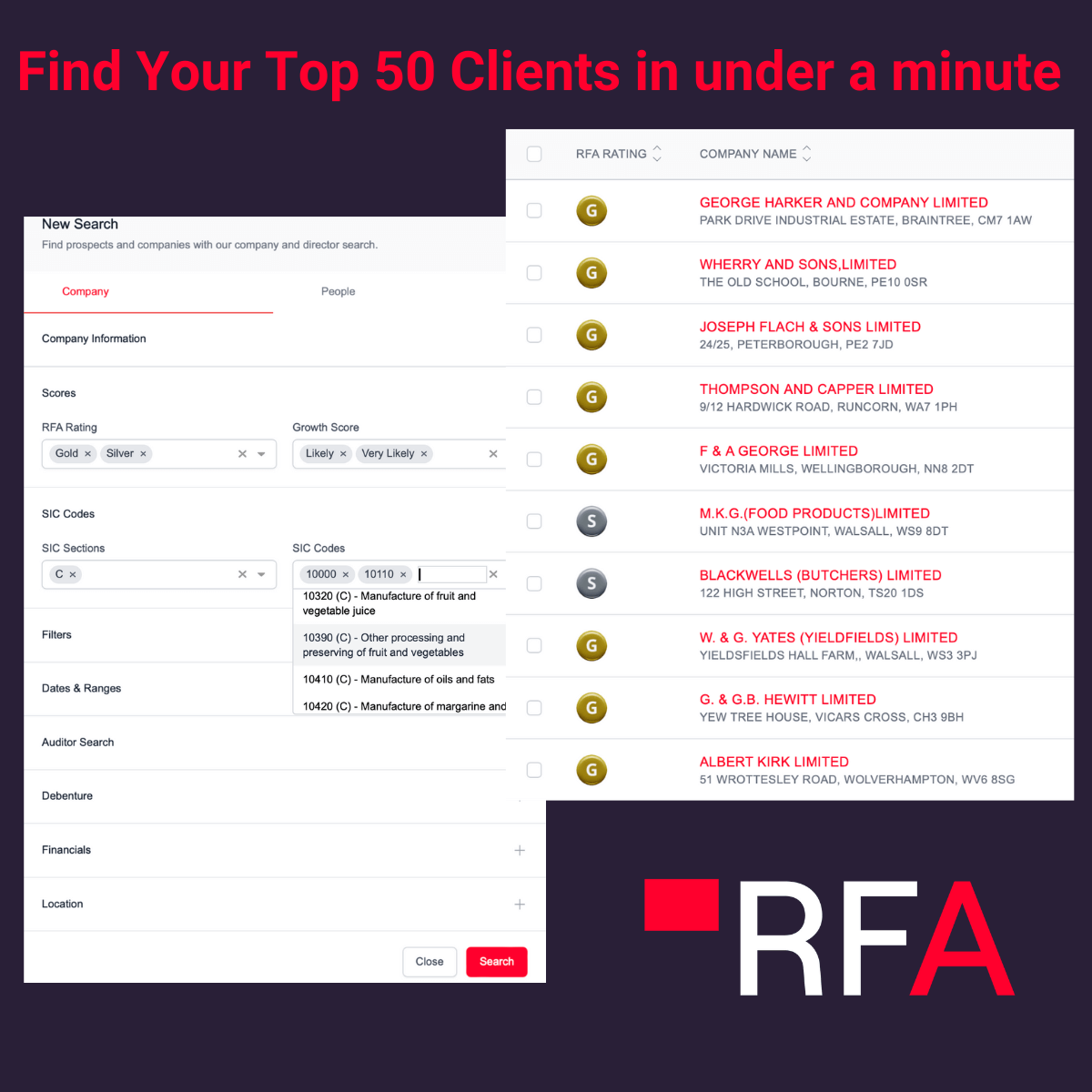As someone with a keen interest in how data drives business decisions, it’s hard not to be captivated by the football transfer window.
When it closes, or ‘slams shut’ depending on your preferred terminology, it’s always interesting trying to work out which clubs gained the most value in their dealings.
This year, some of the buys seemed like absolute no-brainers — especially the cheaper ones. When David Luiz moved to Arsenal, the club got a world-class player in a position they were desperate to fill for a reported fee of only £8 million.
Likewise, Liverpool snapping up goalkeeper Adrian on a free transfer seems like a smart move for a club who had just sold their previous second choice keeper.
Value becomes less clear as the transfer fees increase. One controversial valuation was when Manchester United decided to pay a reported fee of over £80 million for Harry Maguire, making him the world’s most expensive defender in the process.
While Manchester United obviously thought the England centre back was worth the large fee, crosstown rivals Manchester City were also reportedly interested in the player but set his value considerably lower – around £60 million if reports are to be believed.
What was it that made Manchester United think he was worth the extra money? While we can’t know for sure, data presumably played a part in the club’s valuation.
Clubs Use Data to Draw Up Lists of Players to Target
Last year, an article in the Financial Times spoke about the level of data that goes into player recruitment at top clubs.
According to the article, clubs can use a wealth of available information to not only see how good a player is but also draw up lists of players who match the exact profile of their ideal target signings.
Once clubs have these shortlists, the scouts, managers and others involved in recruitment can begin to take a closer look at each of the individual players.
By using data to create a shortlist, clubs not only get a list of players who would theoretically have a positive impact on their team but also save significant amounts of time by not chasing unsuitable players.
The article then goes on to explain how clubs then use data to estimate how the player’s past performance will likely impact on the buying team. This allows the team to see how much the player will improve – or weaken – the starting eleven, essentially allowing them to put a value on the player.
Perhaps this explains the difference in transfer valuation between clubs. Manchester United had simply found the perfect player for their squad, one who would significantly improve their team.
Manchester United demolished Chelsea 4–0 in their first game of the season. Most reports suggest the record signing had an excellent game. If Maguire’s performances and the club’s results continue in the same vein, the player may well prove to have been worth the price that United paid.
The Similarities Between Premier League Recruitment and B2B Sales are Clear
Of course, it isn’t just football clubs that use data to make better decisions. Businesses and sales teams can use data to improve performance.
Much like football clubs building a list of transfer targets, businesses can use business data to build prospect lists. While a football club may look at passing statistics, or how much a player runs in an average game, businesses can look at a company’s total annual revenue, the number of employees it has, or where it is located.
Once the sales teams have these shortlists, they can then look closer at each prospect to narrow the list further or plan how to approach the sales process. In-depth businesses intelligence like creditor services data will give the sales team insight into specific challenges a prospect is facing.
Whatever Your Industry, Access to High-Quality Data Can Drive Success
When it comes to using data, two things are important. First is having access to a high-quality data set. The second is knowing which data to use to drive certain decisions.
Red Flag Alert is a data set that can help with both. Our database is comprehensive. It uses information from ten leading sources to provide intelligence on every business – around 6.5 million in total – in the UK. This data is automatically updated in real time, meaning our customers always have access to the latest information.
Businesses can segment the data based on the information most important to them, whether that is delving deep into one specific business, building a customer segment, or getting a daily report of sales opportunities.
Data is important for finding value no matter your industry. This is the same whether you are a Premier League football team looking for value in the transfer market, a utilities broker searching for new clients, or a manufacturing business looking to mitigate risk.
Discover how Red Flag Alert’s experienced team can help you mitigate risk and protect your business. Why not get a free trial today and see how Red Flag Alert can help your business?




